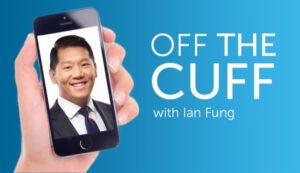Here's What a 'Trusted Contact' Is, and Isn't: FINRA Exec

There’s also “a variety of reasons why customers are not opting to provide a trusted contact,” Wrona said, which includes misunderstandings of the role of the trusted contact, privacy concerns as well as procrastination.
“Education really is key,” Wrona said. “Providing simple information about what a trusted contact is, and I think, even more importantly, what a trusted contact is not.”
The trusted contact, Wrona pointed out, “can’t make trades in the customer’s account. I think that’s one thing that customers kind of misunderstand. They can’t make decisions about the customer’s account.”
Being a trusted contact “does not make them power of attorney, legal guardian, trustee or executor,” Wrona explained. “It’s really used in very limited circumstances. It’s incredibly important [that] firms get that message out.”
FINRA, Wrona continued, did this via Reg Notice 22-31, “but we also collaborated with NASAA, with the SEC, on a campaign really to get that word out.” There is a web page that provides details on how a trusted contact can help customers.
A trusted contact is also valuable if there’s a reasonable belief that financial exploitation is occurring. Particularly “when we’re talking about romance scams, having a trusted contact, having another person as an ally to help convince the customer that they are being victimized is really, really important,” Wrona said. “In other instances, a trusted contact can be helpful on concerns around diminished capacity.”
Wrona relayed a recent situation in which a firm that suspected a customer was suffering from diminished capacity “reached out to the trusted contact, who was the niece, and she was able to get her uncle the help that he needed. And it turned out that, in fact, he was suffering from dementia, and it stopped some inappropriate trading activity that he was starting to engage in.”
Sign outside a FINRA building in Rockville, Maryland. Photo: FINRA






